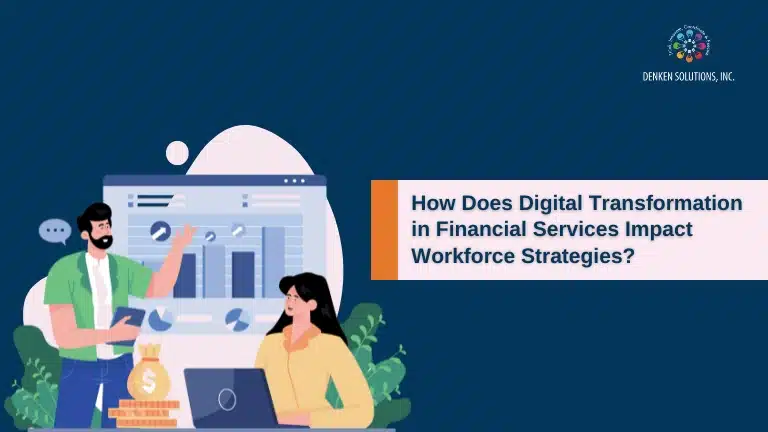Introduction:
Oracle is a renowned vendor among the tech-giants when it comes to providing solutions for Enterprise business processes and customer relation solutions. Standing on par with its competitors, Oracle has undergone many updates in its ERP software application suite, proving to be an effective choice for many large enterprises as well as small and mid-size businesses.
Oracle – ERP Line Up:
Legacy ERP systems that were designed on-premise with additional database management system are being replaced with cloud gradually by all the ERP vendors over the world. Enhancements and support might not be available for these older version-ERP systems in near future. Oracle has been emphasizing and marketing on migration to ERP cloud and has outlined many guiding principles on the deployment process.
Today more than 6000 customers are implementing the Oracle best product – ERP cloud. Organizations have a multitude of choices in the cloud provided by Oracle. The majority of the applications in the tool suite include CRM – Customer Relationship Management, ERP – Enterprise Resource Planning, Financial Management, Pay-roll Management, Risk-Management, Project-Management tools, SCM – Supply Chain Management and what not.
Oracle ERP Cloud – A Closer View:
The Oracle ERP platform has seamless connectivity with the cloud. Its robust performance of automated business processes across different modules makes it a go-to ERP option for enterprises looking for large business cloud providers. Apart from functionality, this ERP cloud offers excellent security standards and privacy controls.
Oracle Implementation of AI (Artificial Intelligence) into the ERP cloud has boosted its marketing power. Intelligent suggestions regarding financial expenses and budgeting have really allowed the finance-operations teams to stay ahead of their game. Blending in with the Machine-Learning (ML) based functions, strategic decisions can now be backed with higher-accurate predictions.
Some of these ML based functions include:
Expense Report Assistant – Matches expenses, categorizes items, and receipts automatically.
Business users can interact with voice-based commands or simply send e-mails to the assistant. It evolves over time using Machine Learning and monitors the audit risks.
Project Management Assistant – Notifies status updates, the time required to complete a task, break-down plots of tasks against time, and much more project-specific info.
This assistant learns the project planning patterns and saves some important information regarding the project.
Analytics powered by AI – Generates reports, develops visual plots, and simplifies big numbers in understandable figures.
This can help lots of organizations better analyze the metrics for their accounting.
Equipped with all these never-ending updates Oracle ERP is now at the top of the enterprise business tool market.
Pros and Cons from our perspective:
Pros:
Effective cost comparison and scaling – Oracle integrates the financial information pertaining to a particular organization and tries to scale the budget based on the revenue generated.
Clean data Presentation – Since the business process involves lots of data and numbers, presentation tools like spreadsheets, graphs, 3-D plots, etc. are offered and can be customized with ease.
Interactive Customer Service – Round the clock availability and guidance to make sure clients are on-boarded smoothly.
Flexibility – Provides integration to a variety of other oracle tools.
Cons:
Complexity to the user – Not all the business users can easily adapt to the programs and powerful tools in the suite which might require a lot of training sessions and experienced staff.
Too many to choose from – While many of the organizations might find the bundling of all the tools into a single package as a valuable treasure, some might actually find it hard to choose from, as the platform might seem overwhelming and packed with too many options.
Constant connectivity – Since ERP cloud completely relies on the Internet, it’s important to be connected to the web at all times. Also, the quality of the connection can tamper the performance.
Conclusion:
The Oracle ERP Cloud is a powerful package that companies should consider implementing or migrating if they already use a legacy on-premise version. And companies should spend time and understand what the current pain points in their current ERP solution are and make sure these pain points are addressed when migrating to the cloud solution. The Oracle ERP Cloud solution is not just a replica of what was offered in the On-Premise version but a cloud database offering. Customers should think moving to Oracle ERP Cloud as a brand-new implementation rather than a migration and replicate business processes from their legacy version. Companies need to re-engineer their business processes so that all the latest functionalities offered in the Oracle ERP Cloud are utilized.



